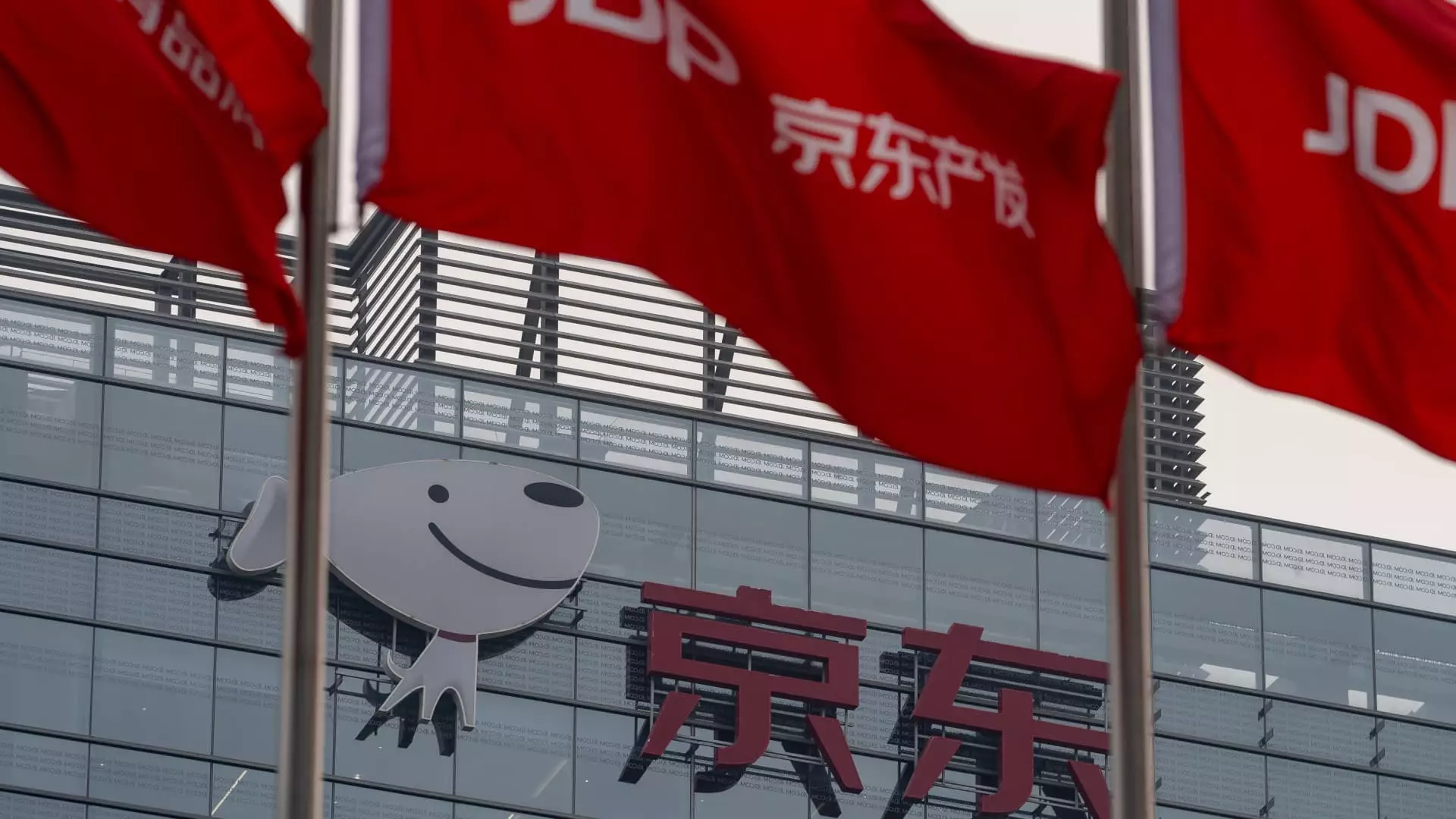Shares of JD.com, a Chinese online retailer, experienced a 1.2% increase in its Hong Kong-listed shares on Wednesday following the announcement of a $5 billion buyback. This rise in share price contrasted with the decline on the Hang Seng index, showcasing a positive response to the news. On the other hand, U.S. listed shares of JD.com surged 2.24% after the buyback announcement, indicating a favorable market reaction. Despite this recent uptick, JD.com’s stocks have still fallen by approximately 20% year-to-date.
In comparison to JD.com’s performance, the Hang Seng index in Hong Kong was down by about 0.82% on Wednesday. However, it is important to note that the index has seen an overall increase of about 4% since the beginning of the year. This indicates a mixed market sentiment where JD.com’s stock performance diverges from the broader market trends.
This $5 billion buyback marks JD.com’s second repurchase program this year, with an initial $3 billion buyback announced in March. According to Chelsey Tam, a senior equity analyst at Morningstar, the decision to implement a share buyback strategy is not surprising given the current economic climate in China. Tam highlighted that it is a common practice for companies to initiate buybacks when share prices and growth potential are low. The move by JD.com aligns with a similar action taken by Vipshop, another e-commerce player in China, which recently expanded its share repurchase program.
The e-commerce sector in China has faced challenges amidst a sluggish domestic economy. Major players like Alibaba and Pinduoduo have recently reported disappointing financial results, missing revenue and earnings expectations. Alibaba, for instance, announced a $25 billion share buyback earlier this year after failing to meet revenue targets. This trend reflects the broader difficulties faced by e-commerce companies in China, leading to strategic decisions like share buybacks to stabilize stock prices and instill investor confidence.
JD.com’s $5 billion buyback has had a positive impact on its stock performance, signaling investor support for the company’s strategic moves. As the e-commerce sector navigates through economic challenges, initiatives like share buybacks serve as a strategic tool to address market uncertainties and showcase confidence in future growth prospects.

